A 48-year-old man suffered a severe head trauma after a scooter accident and faced a grueling five-hour transfer from Covilhã Hospital to Coimbra Hospital. The ordeal, which should have taken no more than two hours, highlights critical flaws in Portugal's emergency medical response system.
The delay began when the only available night-time helicopter, an Air Force Merlin EH-101, was too large to land at Covilhã's helipad. The nearest alternative was Castelo Branco Aerodrome, requiring additional ambulance transport. The patient finally arrived at Coimbra Hospital at 1:30 AM, after a series of transfers involving multiple medical teams.
This incident underscores a systemic issue: the lack of suitable INEM helicopters forces reliance on military aircraft ill-equipped for hospital landings. The Air Force's Merlin, while advanced for search and rescue, cannot access hospital heliports, complicating emergency transfers.
The government has pledged a second military helicopter for night-time medical rescues, but only one is currently operational. Meanwhile, a controversial contract with a private company, lacking sufficient helicopters and pilots, has drawn criticism and legal scrutiny. The Pilots' Union has raised concerns over potential illegalities, exacerbating gaps in aerial emergency coverage.
Key Points:
- The patient's transfer involved six medical teams, far exceeding the standard three.
- The Merlin EH-101, designed for adverse conditions, is a mismatch for urban medical evacuations.
- Delays in implementing promised resources continue to jeopardize emergency responses.




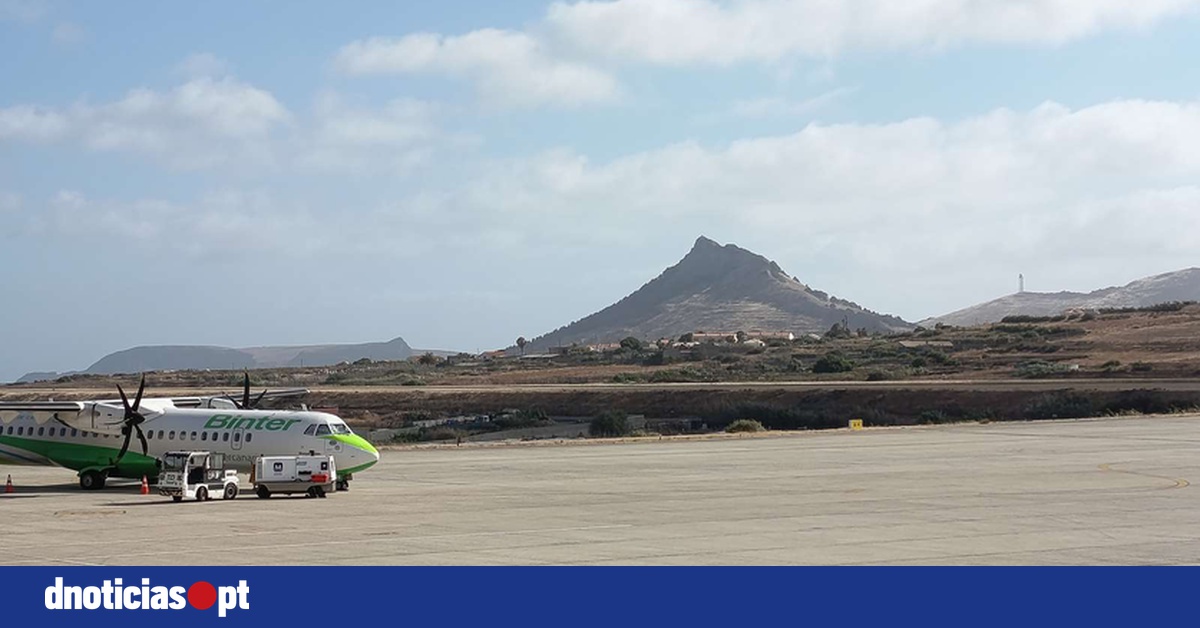
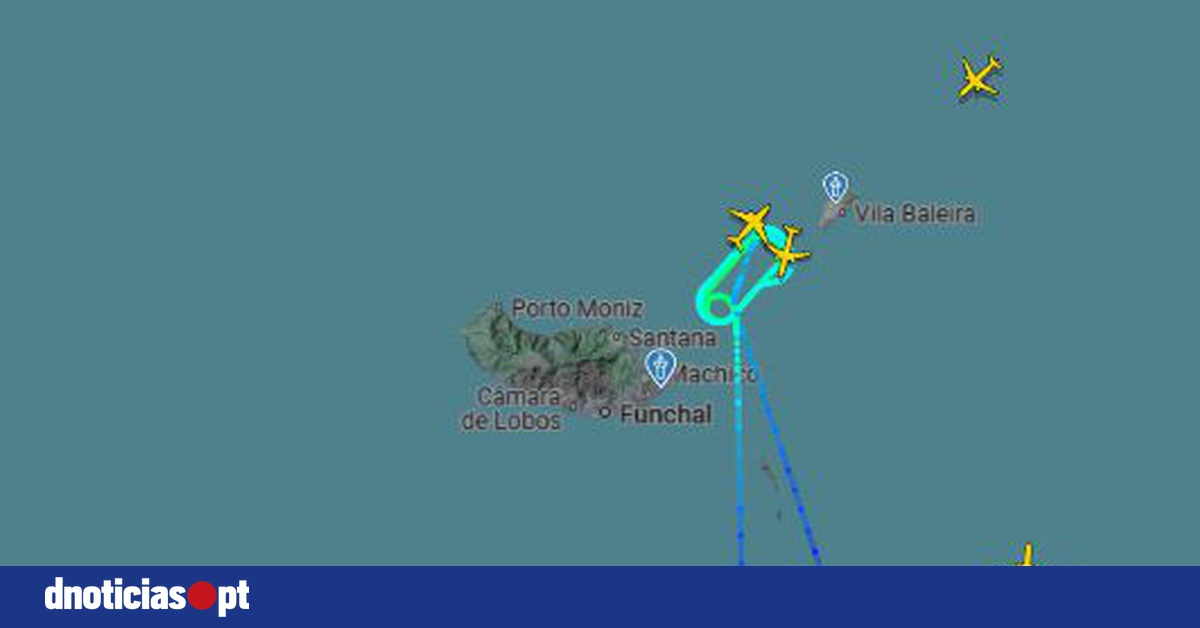

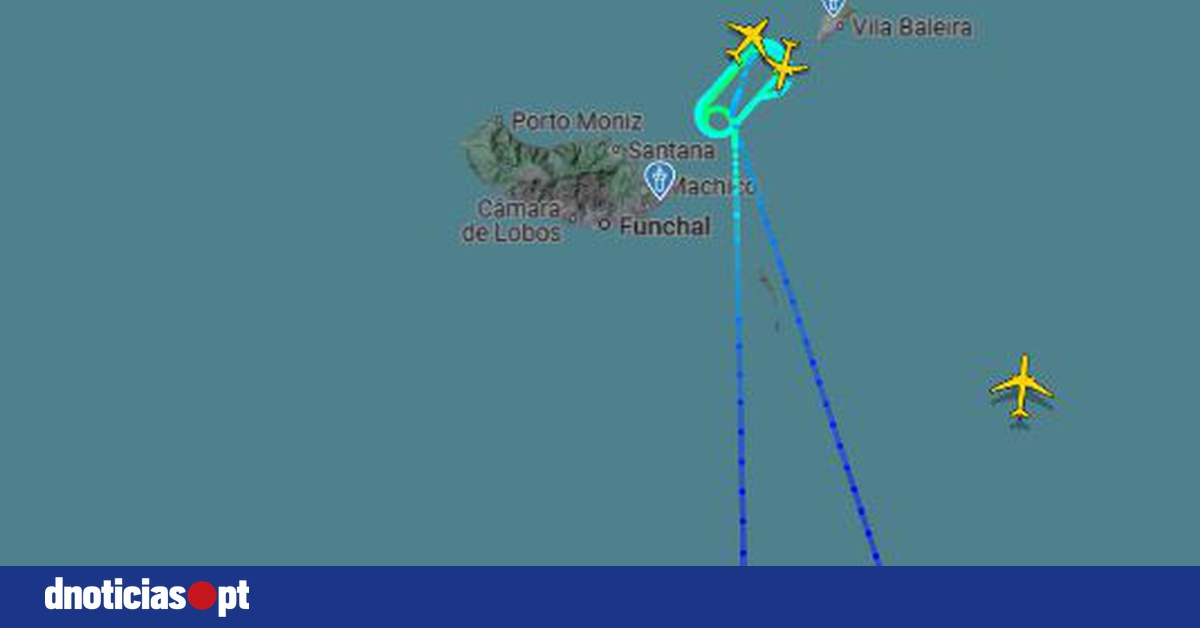

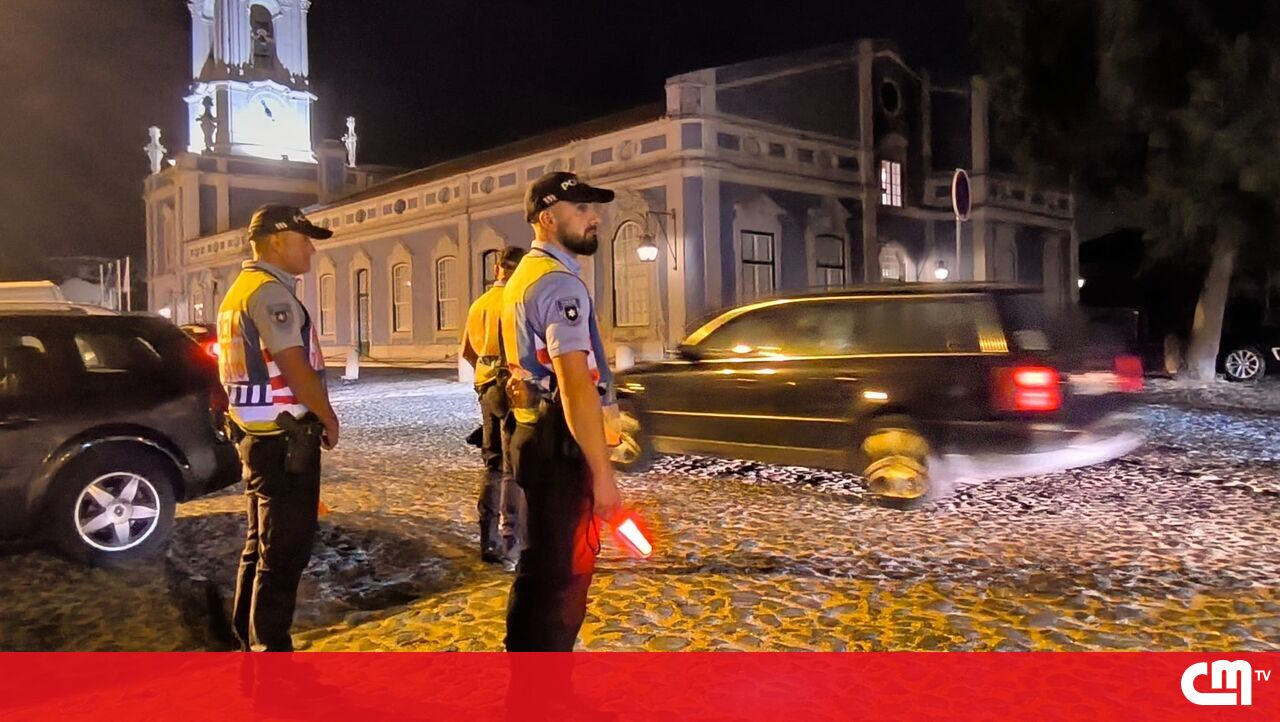

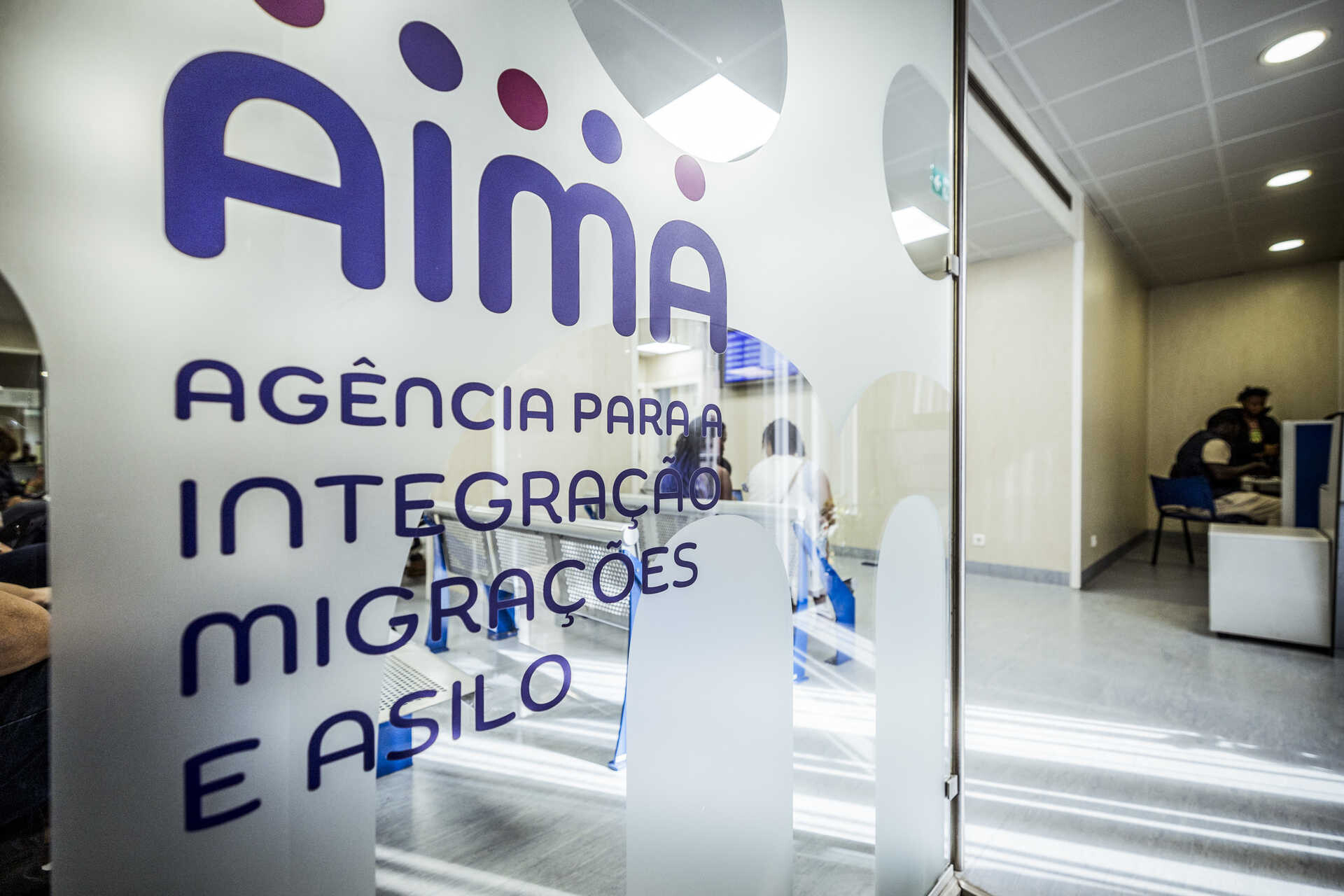






Comments
Join Our Community
Sign up to share your thoughts, engage with others, and become part of our growing community.
No comments yet
Be the first to share your thoughts and start the conversation!